Making Olive Oil
If you live on the island and have your own olive trees, why not have a go at making olive oil yourself? It's really fun.
If you don't have any trees, you can always help a local Cypriot pick olives and if you're a visitor, it's still worthwhile visiting the olive oil factory in Polis Chrysochous just for the experience...and to buy some freshly pressed oil of course!
This year, I spent 2 whole days picking olives with friends and here's what it's like making your own olive oil.
How to Pick Olives
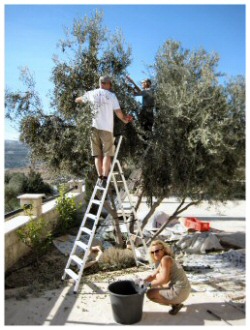 Picking olives
Picking olives
Olive picking season in Cyprus starts from early September and continues into the New Year. The first olives picked are the small green ones that are served in nearly all Cypriot tavernas. If they are left on the trees longer, they turn black and are then used for making olive oil.
The olives we picked were an imported variety, a bit like kalamata olives - large, black and juicy. We had 10 trees to pick and each one was heavily laden - 2010 has been an EXCELLENT year for olives according to all the locals!
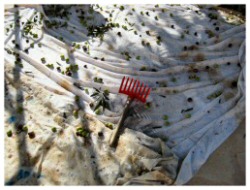 Rake to pick olives quickly
Rake to pick olives quickly
To learn how to pick olives, you need to first gather as many large old sheets, groundsheets and crates and buckets as you can find, then lay the mats around the base of each tree before you start to pull the olives onto the floor.
You can use your hands and pick each one individually - this is advisable if you want to cure your own olives for marinading as then you can pick the best, un-blemished ones - OR you can use an olive rake like the one in the picture.
Tip: Buy a few of these before you start - we only discovered how easy it was to have olives literally raining down on us once we borrowed some from a nice farmer!
Farmers with lots of olive trees usually use a mechanical rake to pick olives for making olive oil, but these tend to rip many of the branches off the tree. Anyway, it's far more fun using the hand rakes!
Once all your olives are on the floor, it's time to pile them into crates and buckets. If you've laid your mats correctly, you just tip then in; if not, it can be quite laborious picking them up by hand! Take out any branches and large leaves - they will add to the weight in the factory and you are charged by the kg!
Olive Oil Press
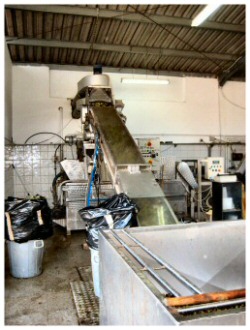 Olive oil factory at Goudi
Olive oil factory at Goudi
For making olive oil, you need to get to an olive oil press and the local factory is on the main B7 road at Goudi.
When you arrive, you need to put your name down in the book and wait your turn. Tip: Don't go late in the day as that's when everyone else turns up. We made that mistake the first day and waited over 2 hours to load our olives into the press; the second time we arrived early in the morning and it took less than 10 minutes.
Once called, reverse your vehicle up to the hopper and start tipping in your olives which are weighed before they enter the olive oil machine. You will receive a slip with the weight of your olives and a number so you know which line your oil will come out from.
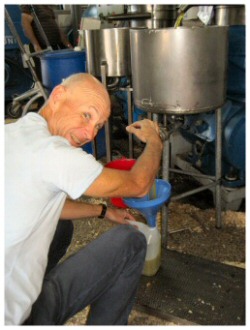 Al extracting the freshly pressed oil
Al extracting the freshly pressed oil
Then you wait around 40 minutes for your oil to be pressed and the "green goo" to pour out the other end!
You can buy the containers at the factory and for every 10kg of olives, you can expect at least 1 litre of oil. In our case, we picked a total of 315kg of olives and got 50 litres of freshly pressed olive oil. Delicious and very cheap at around 64 cents per litre!
While waiting, take the opportunity to talk to the locals and sample some freshly pressed oil on toast. You will find all sorts of useful informatioin including which olive varieties make the best olive oil - the locals say it is the smallest ones!
Now you know the tricks for making olive oil, what are you waiting for?
Related Pages:
About Cyprus Wines Grape Varieties
Eco-Friendly Water Bottles - good for storing olives too!
Easy carrot Cake Recipe using Olive Oil
Favourite Things to Do






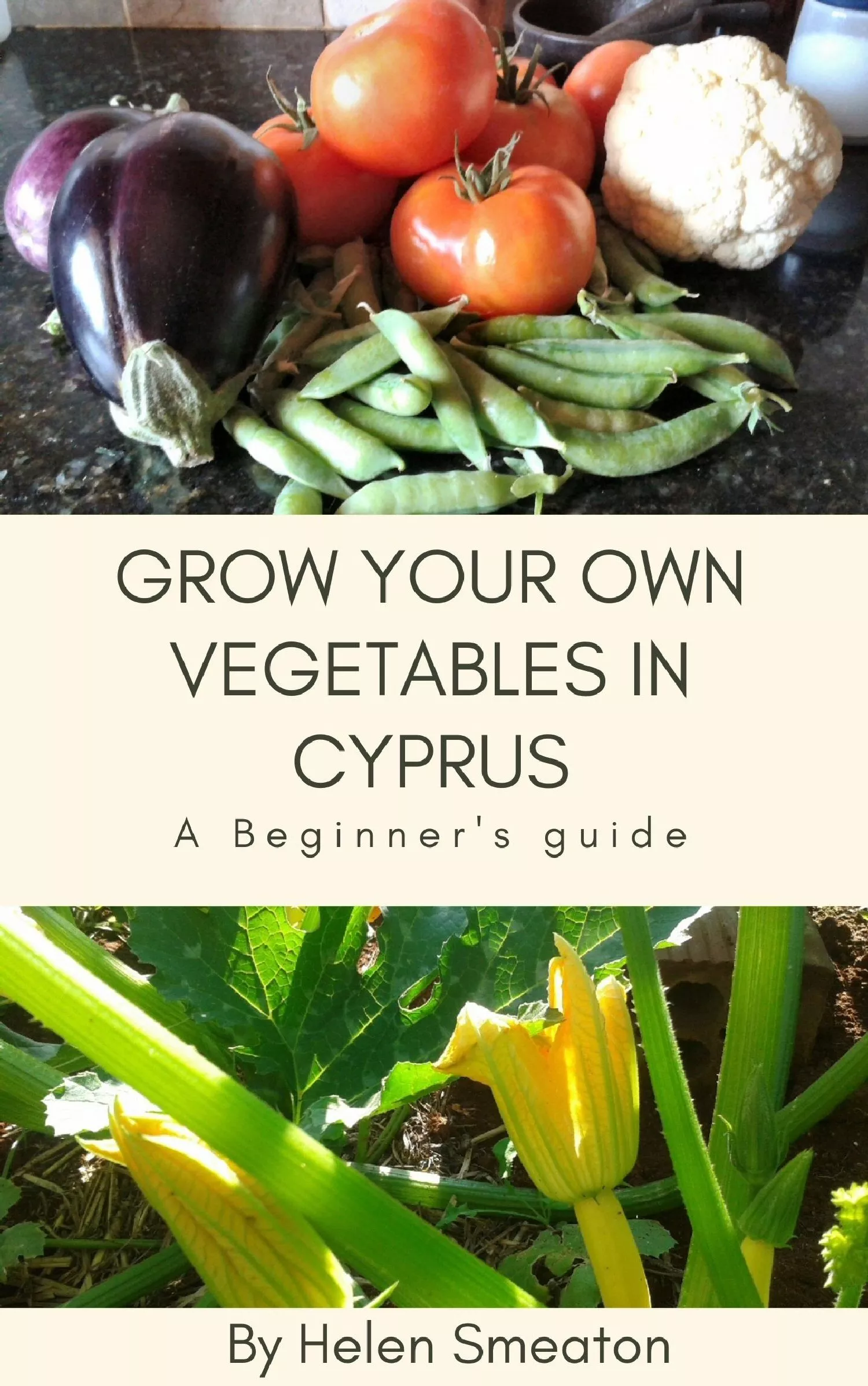
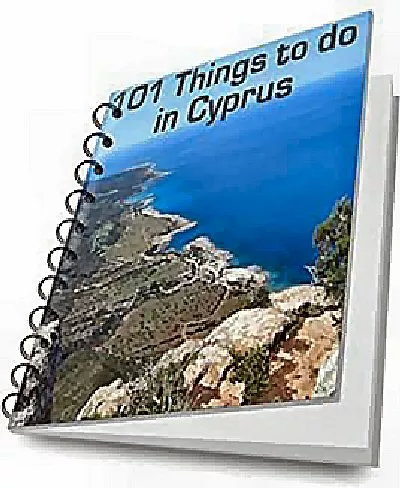
New! Comments
Have your say about what you just read! Leave me a comment in the box below.